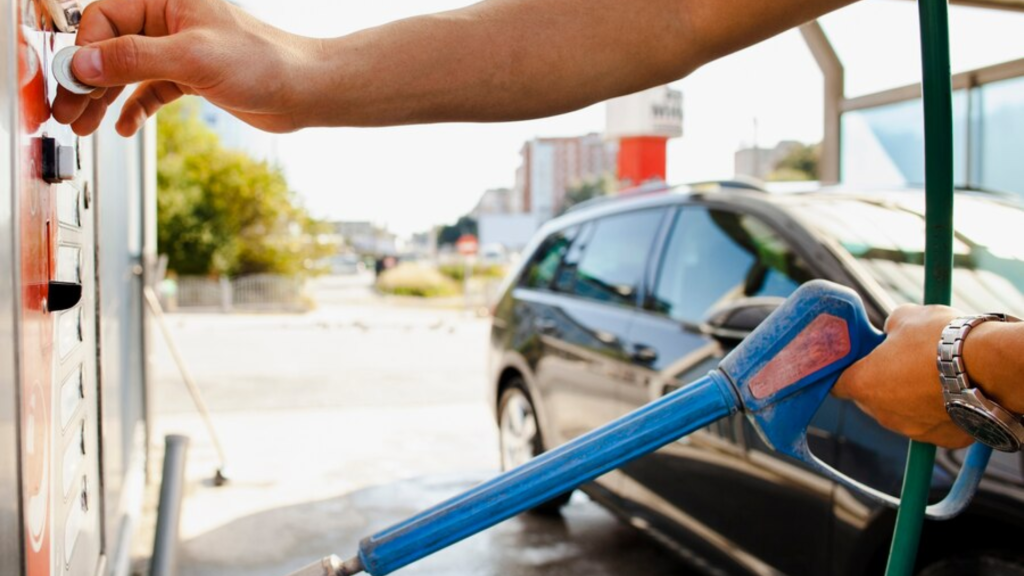The truck wash business plays a crucial role in maintaining the cleanliness and efficiency of heavy vehicles. With the trucking industry being a backbone of commerce, a well-maintained fleet is essential for safety and brand reputation. However, running a truck wash business comes with its own set of risks and challenges. Let’s explore them in detail.
Financial Challenges
High Startup Costs – Setting up a truck wash requires significant capital investment. From leasing land to installing high-pressure washing systems, the costs can be overwhelming for new entrepreneurs.
Ongoing Operational Expenses – Running a truck wash involves constant expenses like electricity, water, cleaning chemicals, and labor wages. These ongoing costs can put pressure on cash flow.
Unpredictable Revenue Streams – Demand for truck washing services can be inconsistent. Seasonal fluctuations and economic downturns can lead to unpredictable revenue, making financial planning challenging.
Regulatory and Compliance Issues
Environmental Regulations – Government regulations require truck wash businesses to manage their wastewater disposal properly. Non-compliance can lead to hefty fines.
Wastewater Disposal Challenges – Truck washing generates large amounts of wastewater containing grease and chemicals. Proper treatment and disposal methods must be in place.
Licensing and Permits – Operating a truck wash requires multiple permits and licenses, which can be a lengthy and costly process.
Equipment and Maintenance Costs
Expensive Machinery Investments – Truck wash equipment, such as pressure washers and automated washing tunnels, require significant investment.
Frequent Equipment Breakdowns – Constant use of equipment can lead to frequent breakdowns, causing downtime and loss of revenue.
Need for Skilled Technicians – Hiring skilled technicians for machine repairs is necessary to ensure smooth operations.
Labor Management
Hiring and Retaining Skilled Workers – Finding experienced workers who can handle truck washing efficiently is challenging.
Employee Safety Concerns – Truck washing involves slippery surfaces and heavy equipment, posing safety risks.
Training and Certification Requirements – Employees must be trained in handling chemicals and safety protocols.
Competitive Market
High Competition in Urban Areas – Urban areas are saturated with truck wash businesses, making it difficult to stand out.
Differentiation Strategies – Offering additional services like interior cleaning or waxing can help in standing out from competitors.
Pricing Wars and Profit Margins – Competing on price can lead to thin profit margins, making business sustainability tough.
Weather-Dependent Business
Bad weather can reduce the number of customers visiting truck washes. Seasonal variations affect revenue, requiring contingency planning.
Customer Expectations and Satisfaction
Customers expect high-quality service and quick turnaround times. Managing complaints and ensuring satisfaction are crucial for repeat business.
Environmental Concerns
Water Usage and Conservation – A truck wash uses significant water. Implementing water recycling systems can help reduce consumption.
Proper Chemical Disposal – Using eco-friendly cleaning solutions can minimize environmental impact.
Technology Integration
Use of Automated Systems – Automation improves efficiency but requires high initial investment.
Cybersecurity Risks – Handling digital payments and customer data comes with cybersecurity risks.
Marketing and Branding
Building an online presence through social media and customer reviews can enhance brand reputation and attract more business.
Liability and Insurance Issues
Truck washes must have liability insurance to cover potential damage claims from customers and employees.
Location Challenges
Choosing the right location near highways and trucking hubs is crucial for business success.
Economic Factors and Fuel Prices
Fluctuating fuel prices and economic slowdowns can impact the frequency of truck washes.
Conclusion
Running a truck wash business presents several challenges, from financial constraints to regulatory issues. However, with proper planning, technological adoption, and excellent customer service, these risks can be mitigated, making it a profitable venture.
FAQs
How much does it cost to start a truck wash business?
- It can range from $100,000 to $500,000 depending on location and equipment.
What are the biggest challenges in running a truck wash?
- Environmental regulations, high operational costs, and labor management.
How can I make my truck wash business stand out?
- Offer additional services, implement loyalty programs, and use eco-friendly solutions.
Is a truck wash business profitable?
- Yes, with proper location, pricing, and marketing strategies, it can be profitable.
What type of insurance is needed for a truck wash business?
- Liability insurance, workers’ compensation, and property insurance are essential.

